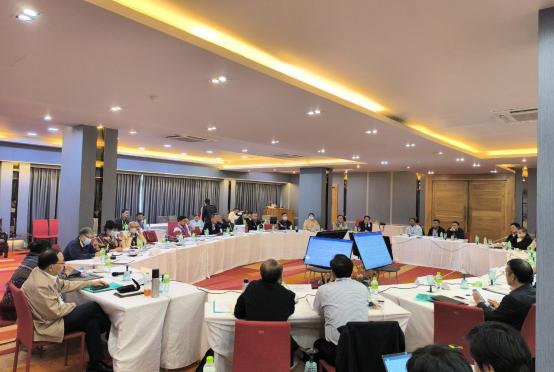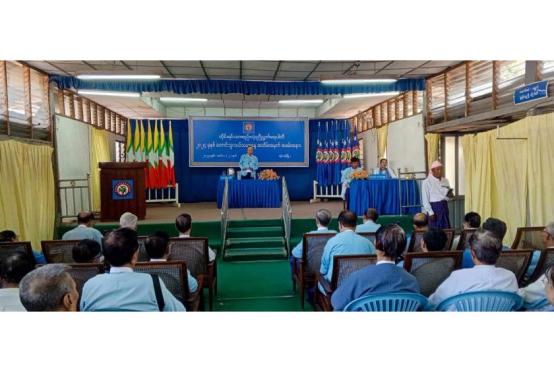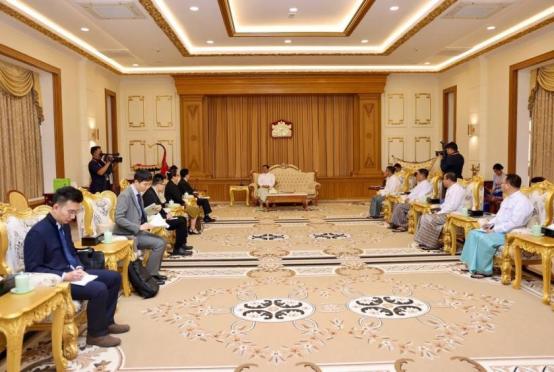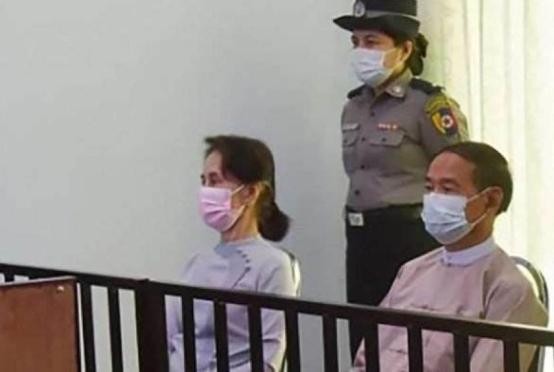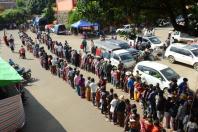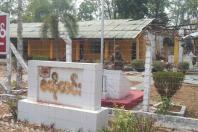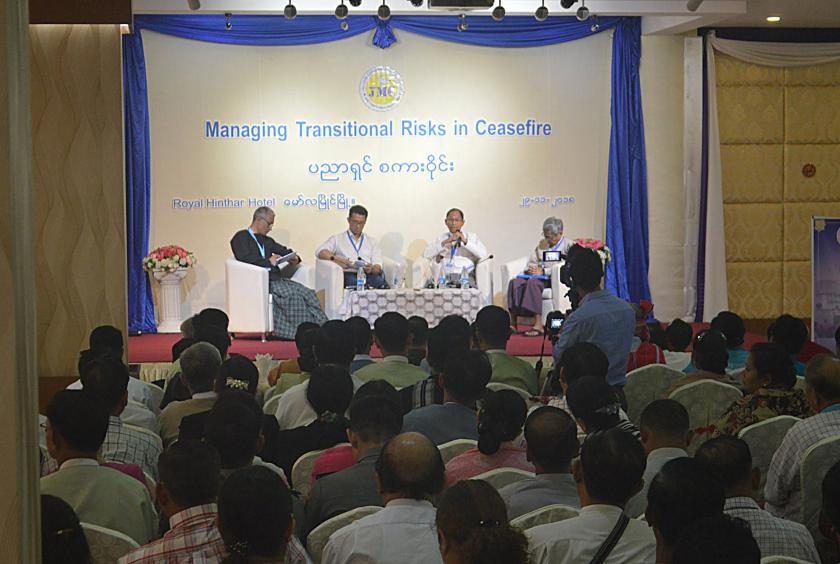
Joint Monitoring Committee (JMC) is facing four challenges in implementing the ceasefire process, said Dr Shwe Kha, Secretary 1 of Union Level Joint Monitoring Committee (JMC-U).
“The peace talk is at the preliminary ceasefire agreement stage and we will have proceed forward for a total ceasefire agreement step by step. While we seek to solve political issues using peaceful ways, we need to keep control of armed conflicts. There are four major obstacles in obtaining the ceasefire agreement. The first one is to set ceasefire zones agreement. The second one is to specify definitively which areas are under whose control. It is important that both sides get prior agreements for instances of one armed group travelling from the area controlled by them to another area,” said Dr Shwe Kha.
He continued, “The third one is that we need to locate bases for soldiers to be stationed. The fourth one is to have communications on a regular, ordinary level. It can be implemented if the commanders cooperate and have mutual understanding. There will be military agreements or treaties. I think it will be more affected if we conquer the four challenges successfully.”
Managing Transition Risks Ceasefire scholar talk was held at Mawlamyaing on November 29 and Tin Maung Maung Than, Dr Min Zaw Oo, Ko Ko Gyi and Aung Naing Oo are participated in panel discussion. Deputy Parliament Speaker Dr Aung Naing Oo of Mon State Parliament, MPs, state minister for finance, immigration and population Wunna Kyaw, the members of JMC-U and the members of State Level Joint Monitoring Committee (JMC-S).

